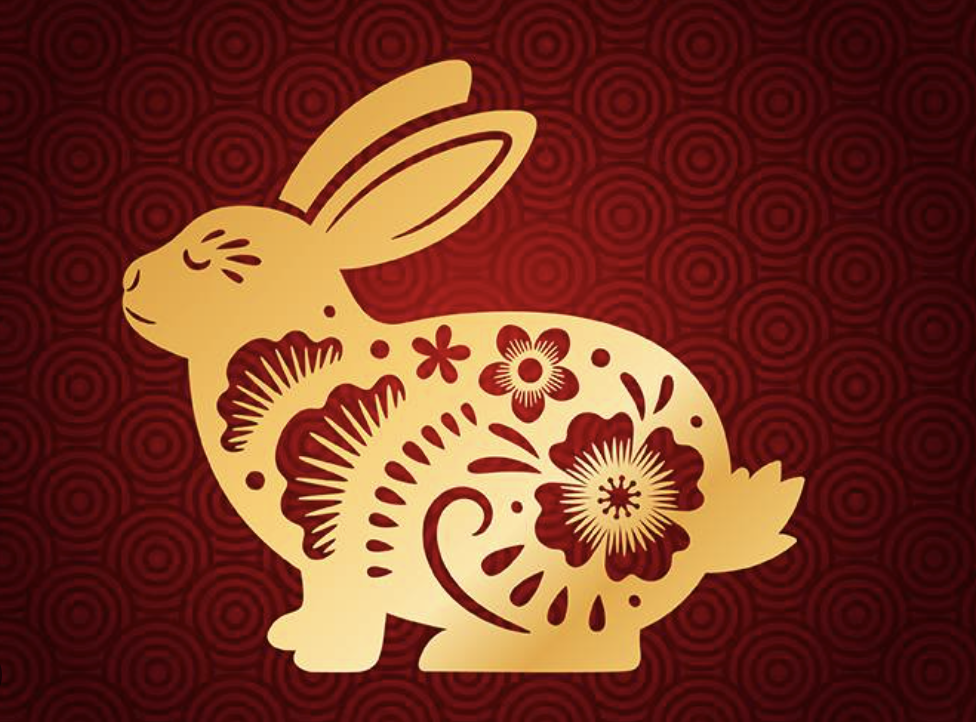[broadstreet zone=”53130″]
FRAMINGHAM – The Lunar New Year starts on Sunday, January 22.
Also known as Chinese New Year, the Lunar New Year is also celebrated in several Asian countries including Vietnam, Korea, the Philippines, and Japan
The date rotates annually, based on the moon’s cycle.
The Chinese calendar defines the lunar month containing the winter solstice as the 11th month, meaning that Chinese New Year usually falls on the second new moon, after the winter solstice.
Like many winter solstice celebrations, the symbolic darkness of night is banished by the light of lanterns, candles, and fireworks.
[broadstreet zone=”58610″]
On the days immediately before the New Year celebration, Chinese families give their homes a thorough cleaning.
The night before the new year, there is a reunion feast. Also on the day before, individuals visit ancestors’ graves. At the reunion feats a place setting is left for ancestors.
During the dinner red envelopes, with money, are exchanged.
Called ya sui qian, individuals – mostly children and seniors, who receive a red envelope. are wished another healthy and peaceful year.
The New Year celebration lasts for 16 days and will end on January 27.
On February 5, the Lantern Festival is celebrated in the culture with dragons, parades, and fireworks.

2023 is the Year of the Rabbit.
The sign of Rabbit is a symbol of longevity, peace, and prosperity in Chinese culture.
This year, specifically is a water rabbit.
Those born as Water Rabbits have financial hardships during youth, but are able to turn unfortunate events around.
During the elderly years, money must be spent to preserve longevity.
Those who were born in previous Rabbit years will experience “Fan Tai Sui”, indicating a year characterized by many fluctuations in luck, when your highs are very high, but lows can be quite devastating.


